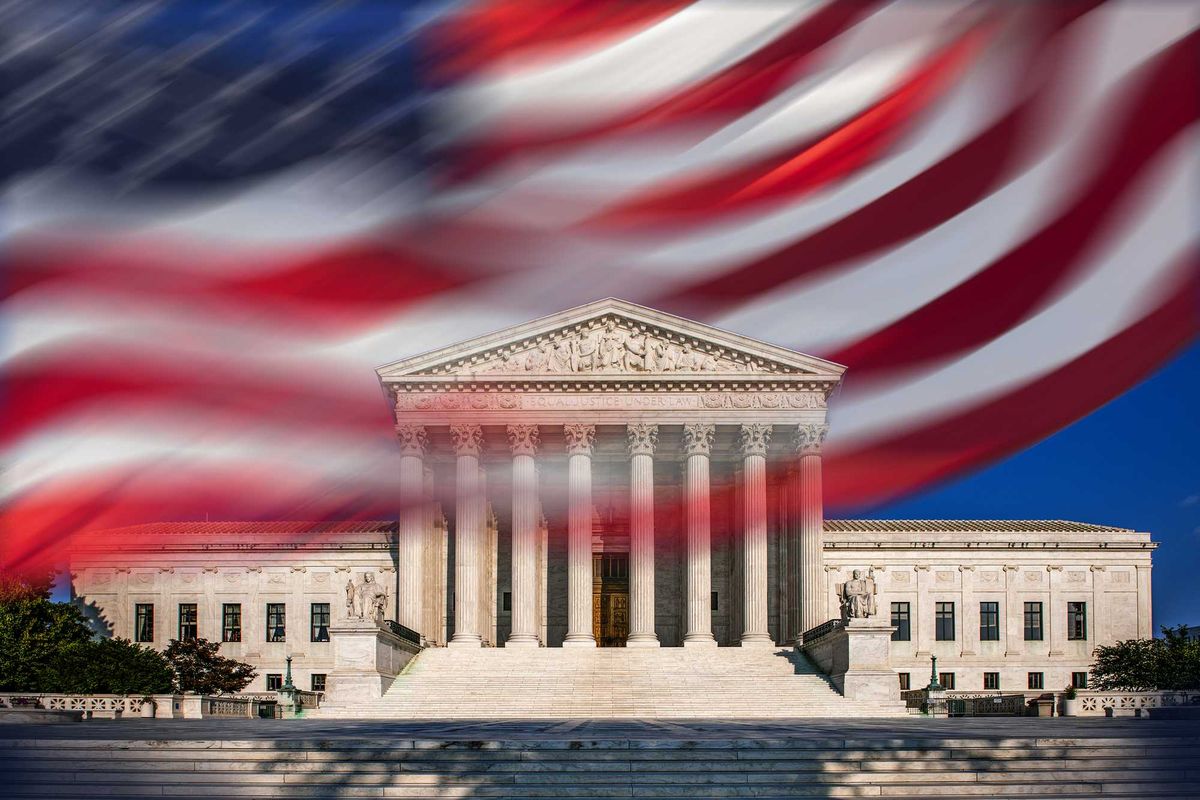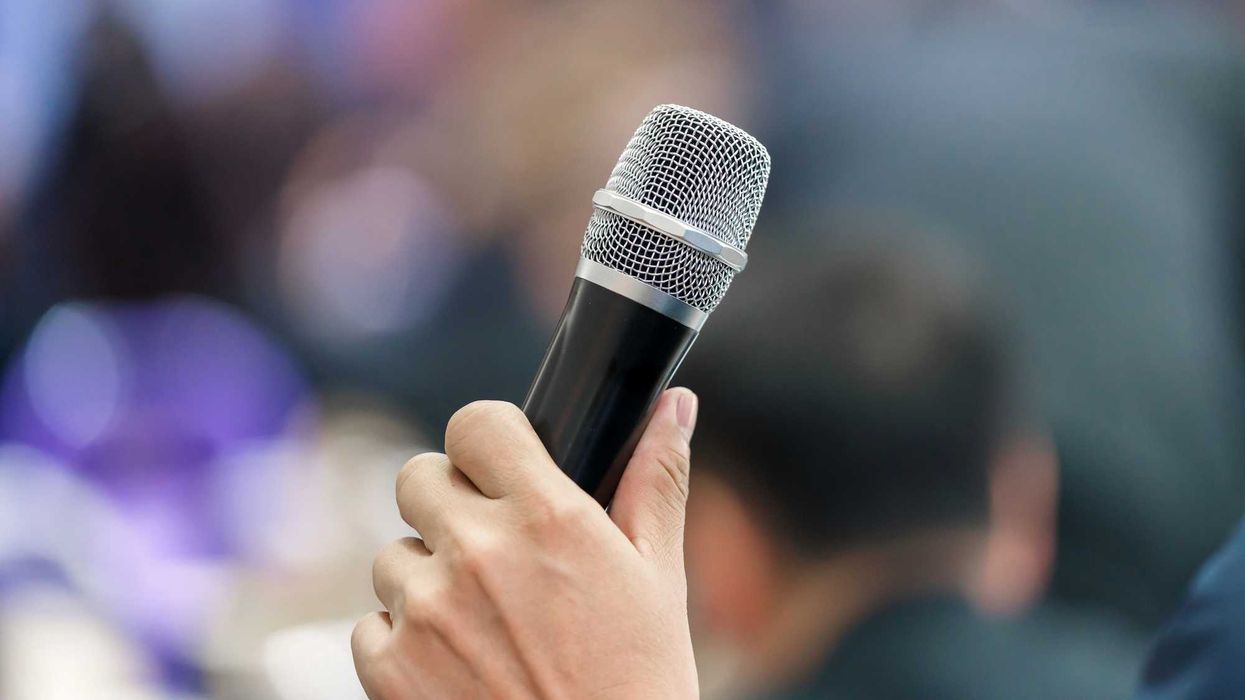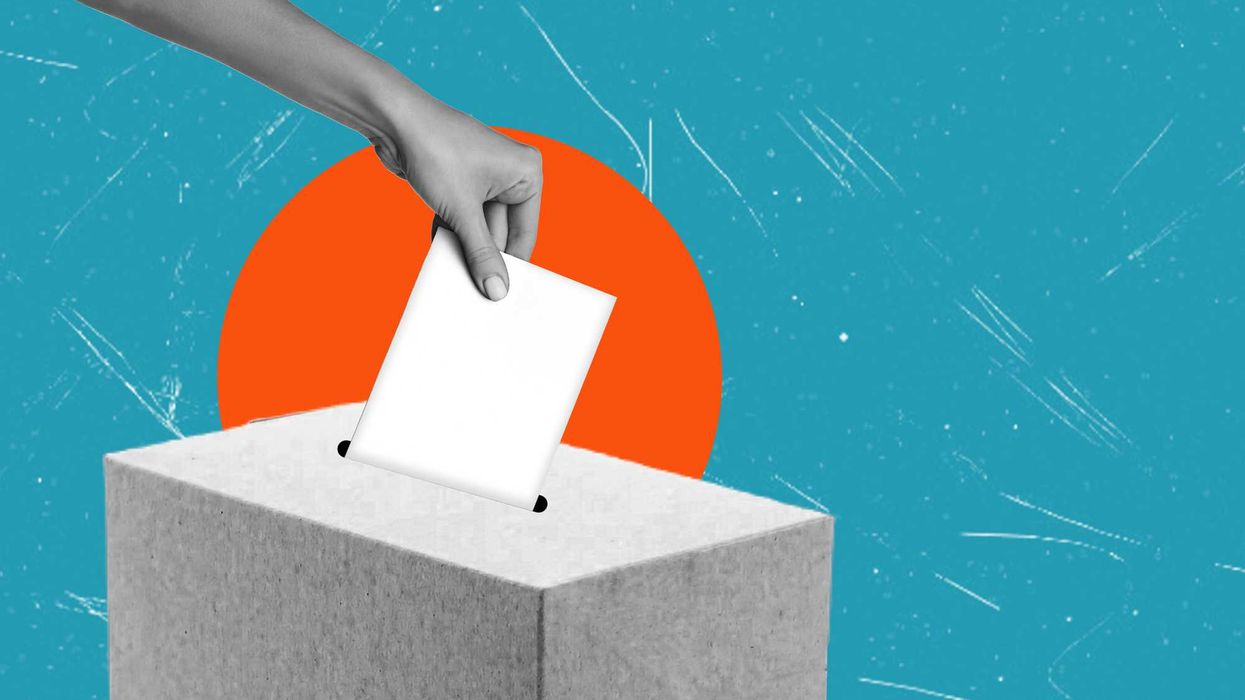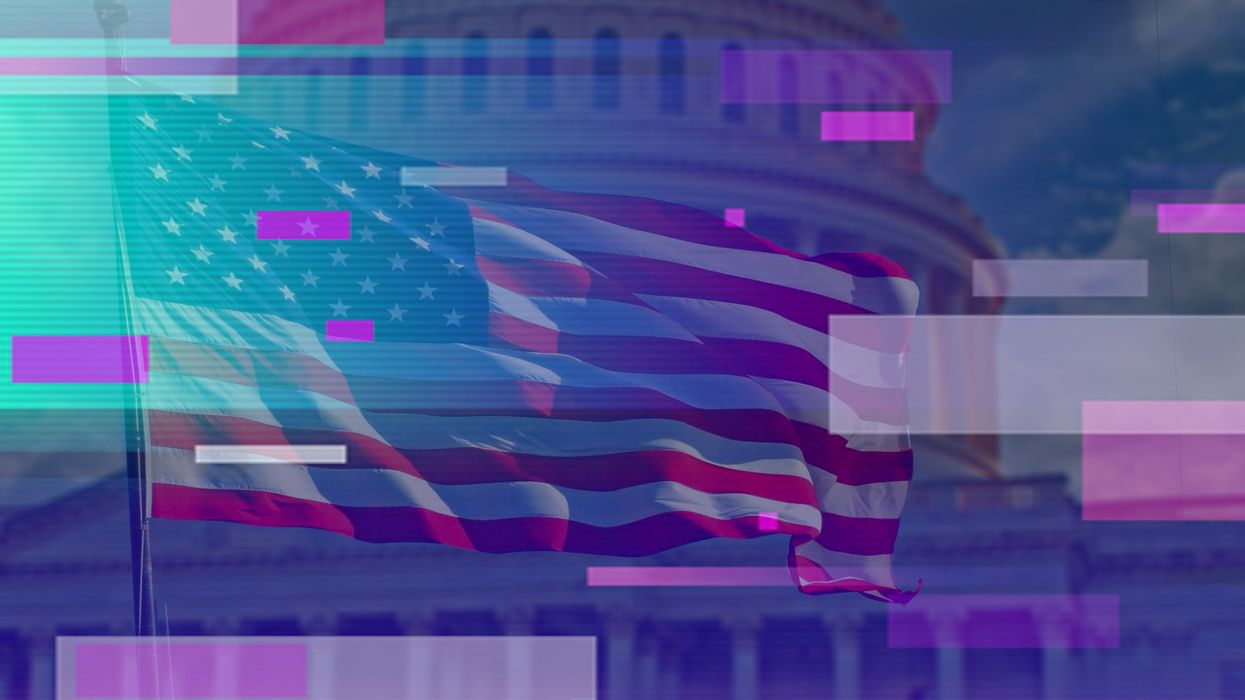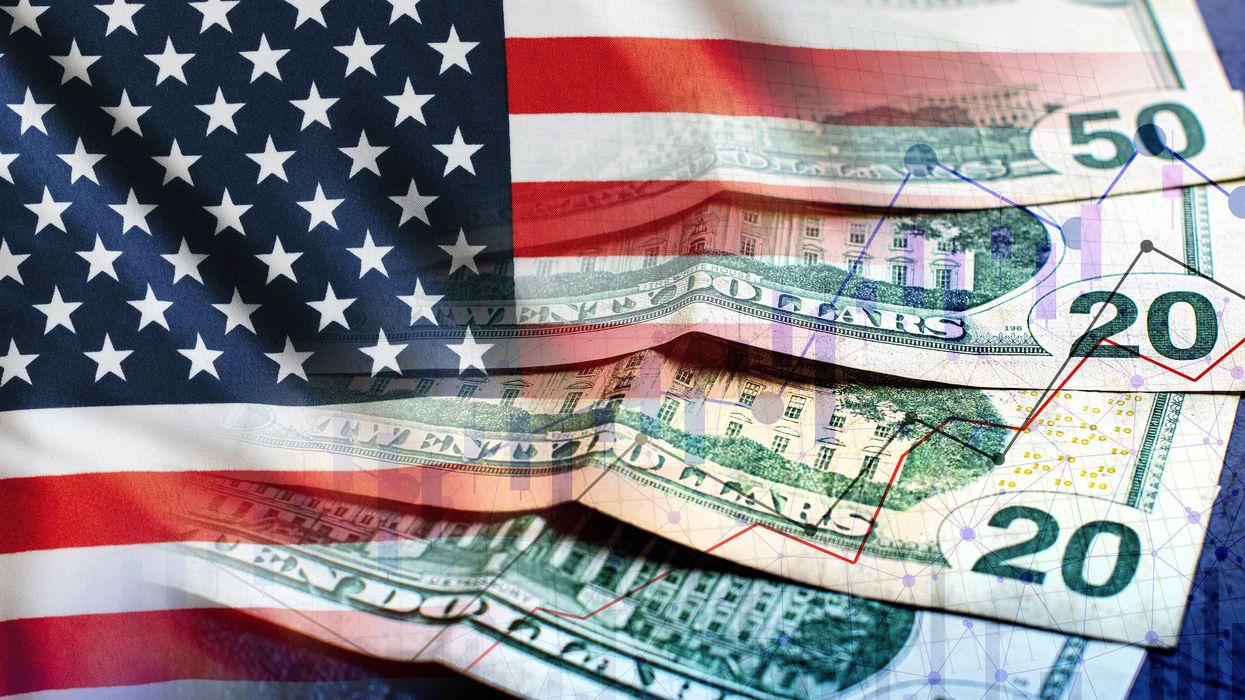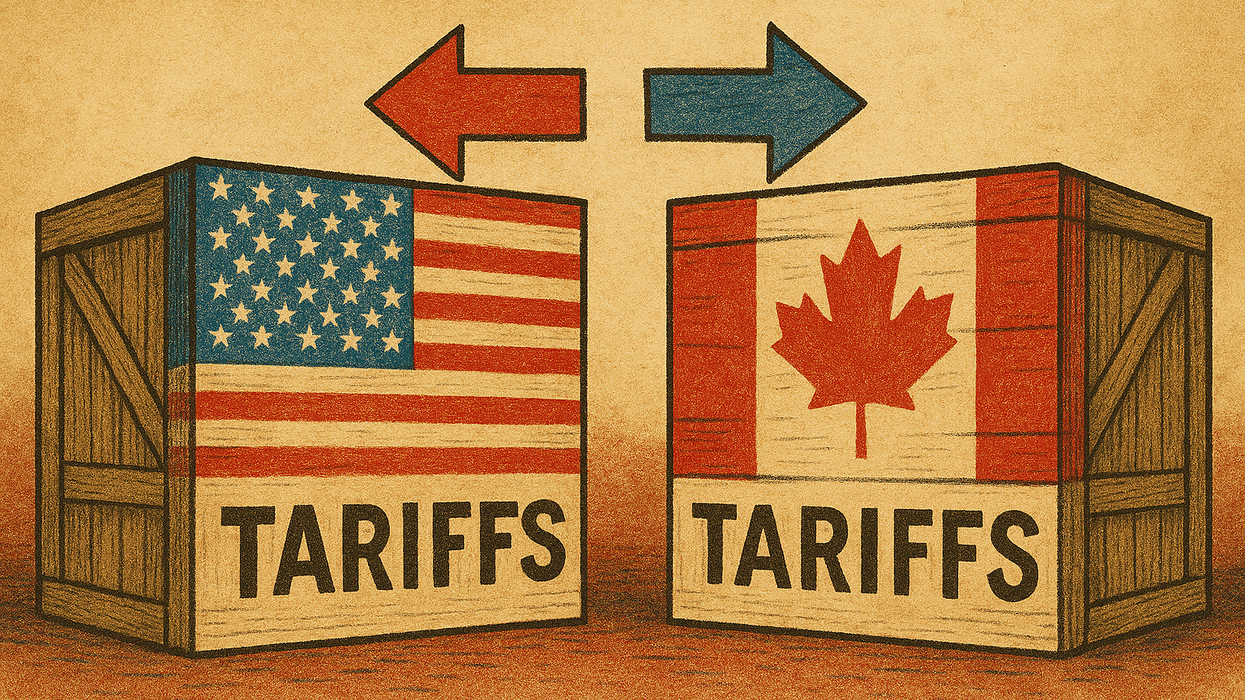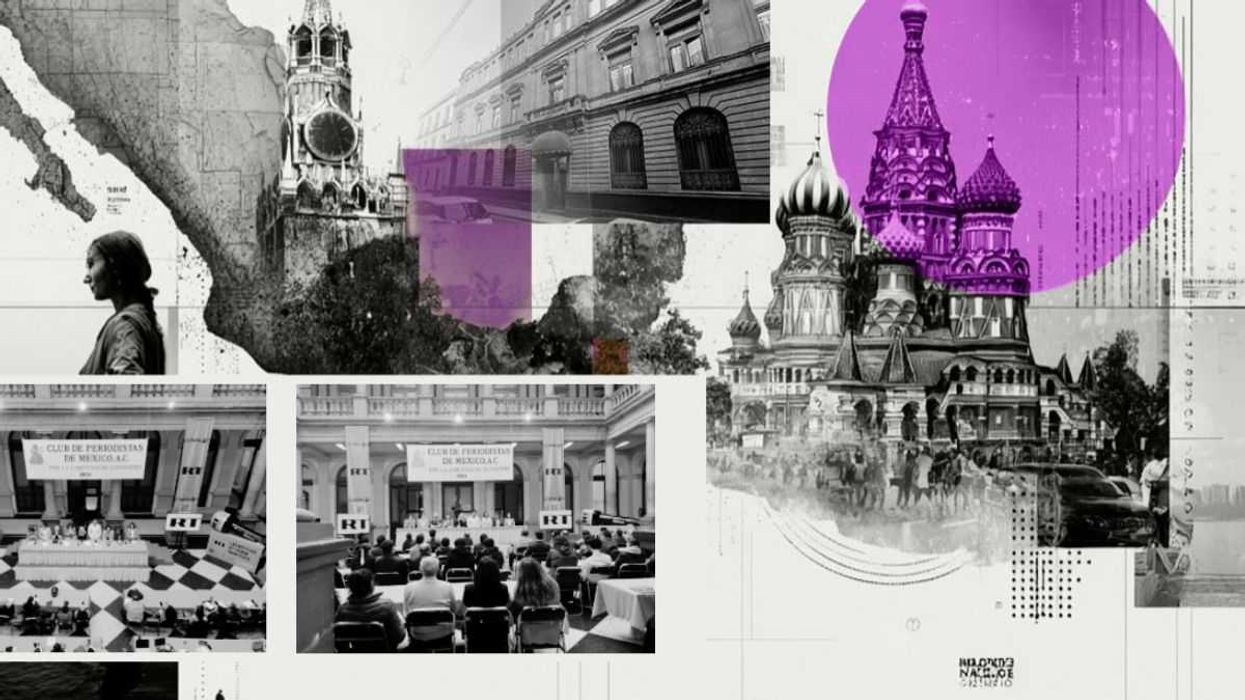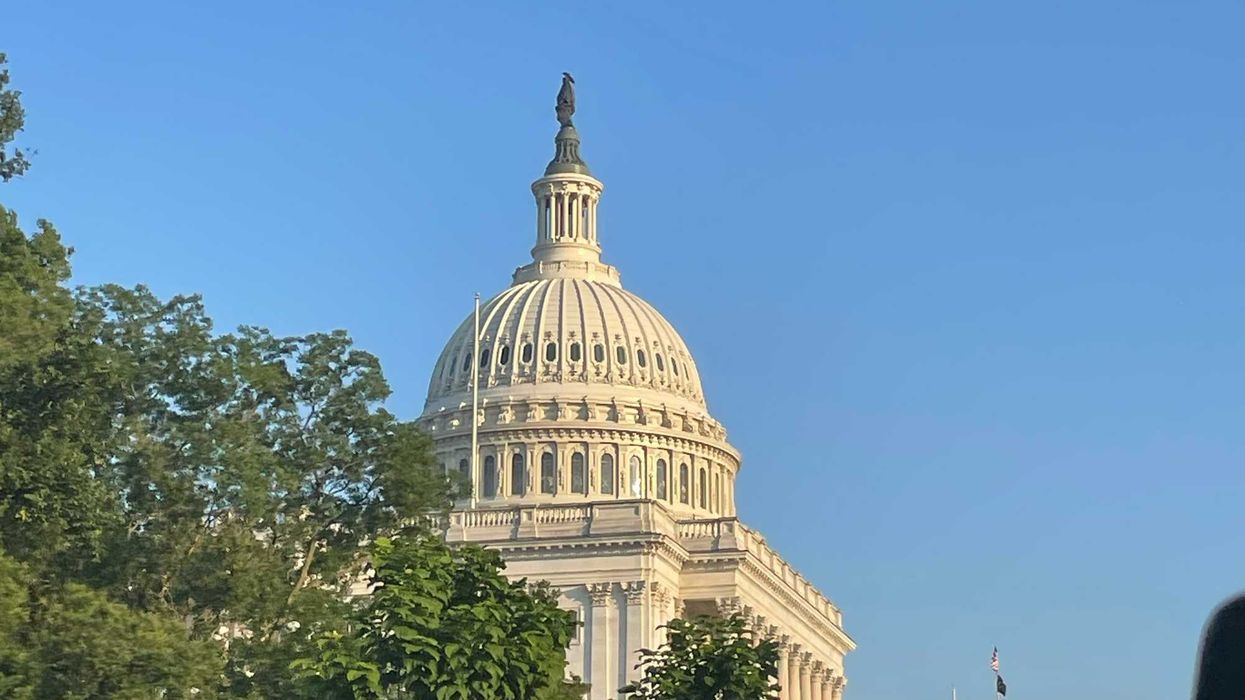There has been a surge in legislation to ease access to the polls during the early days of state legislative sessions across the country.
The New York University School of Law's Brennan Center counts at least 230 bills that have been filed or pre-filed at state capitals since the midterm election – with bipartisan efforts to place automatic voter registration, vote-by-mail, same-day registration or the restoration of voting rights for convicted felons on the legislative agendas in 31 states.
Hawaii Moves Toward Always Voting by Mail
Legislators in Hawaii this week began debating a range of election measures including a proposal to make the archipelago the fourth state in the nation that conducts all voting by mail.
Mail ballots are now an option and have outnumbered those cast at traditional polling places since 2014. A bill starting to move in the legislature would shift Hawaii to an exclusively mail-in system in 2022. Previous have been passed by the state Senate but ignored in the state House. However, Democratic majority leaders in both chambers say they are supportive of the reform this session, Honolulu Civic Beat reports.
Ranked-Choice Voting Gets Next Test in D.C. Suburbs
One of the hottest concepts in the world of election modernization is "ranked-choice voting" – where rather than selecting one candidate per contest, voters list candidates for each office in order of preference. Whenever no one secures majority support in the first round, an automated runoff among top finishers kicks in.
It's hailed by supporters as a means of giving more power to voters, enhancing the prospects of outsider candidates, boosting civility in campaigns and producing more consensus-minded lawmakers. Detractors see the system as confusing and in someway disenfranchising.

